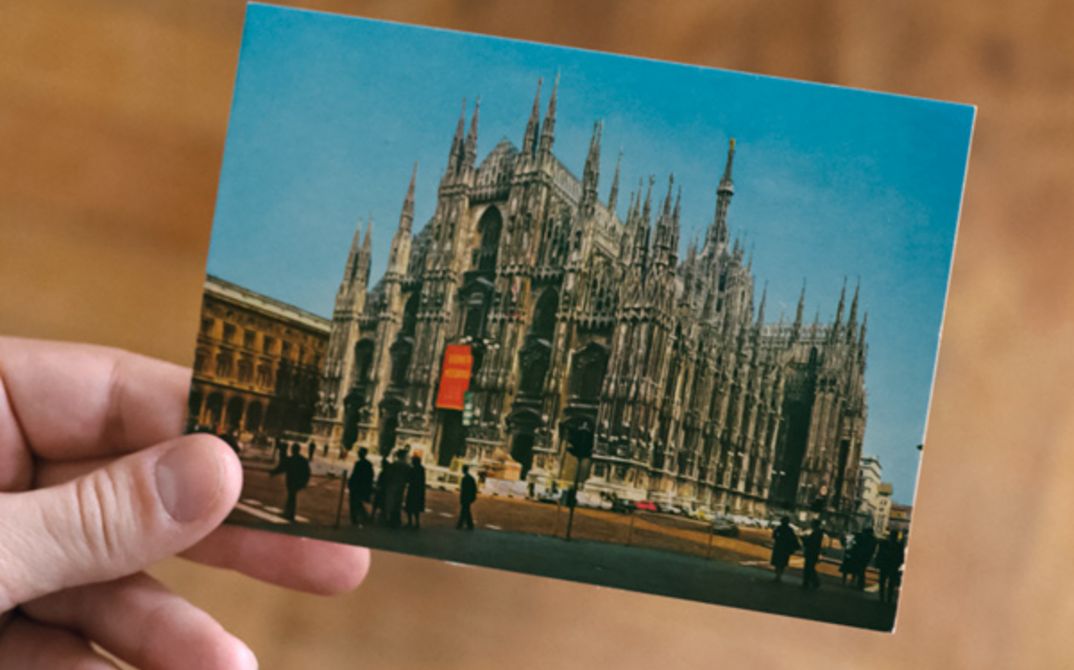60 min. English.
David sends a postcard to his roommate Todd from Milan, saying Madeline is already settled in. Upon his return to the US, he visits his parents, is handed a cheque, reunites with Todd in Brooklyn, schedules job interviews. Then a shot of a side street, between tall buildings, without cars, David walks into frame, opera surges on the soundtrack, he walks further into the image until he’s no longer there. Todd and Madeline search for him across the city, between literary events, exhibition openings, one-night stands, coffee shop chat. Even before David disappeared, the paper trail he left behind kept flashing up on screen, the cheque, the boarding pass, diary entries, but other documents are now needed, identification photos, missing persons forms, the postcard from Milan; nothing helps. Before David disappeared, he was cataloguing the holdings of contentious dead philosopher Steven Taubes, who left behind traces of his own: videos of far-flung cities, recordings that talk of the death of politics, critical reassessments, rumours that a movement is growing. Dossiers should provide certainty, but they no longer do, how unnerving it is to realise that life is now the gaps. (James Lattimer)
Ricky D’Ambrose was born in Livingston, New Jersey, United States in 1987. He was raised on Long Island and studied English Literature and Cinema Studies at New York University. In 2012, he received a master’s degree in Film Studies from Columbia University in New York. Since 2013, he has shot and edited a series of video-recorded directors’ talks – featuring Chantal Akerman, Bruno Dumont, and Matías Piñeiro, among others – for the online film magazine MUBI Notebook. Ricky D’Ambrose has written film reviews and essays for The Nation, Film Quarterly, the Times Literary Supplement, and The White Review. Following four short films, Notes on an Appearance is his first full-length feature film.
